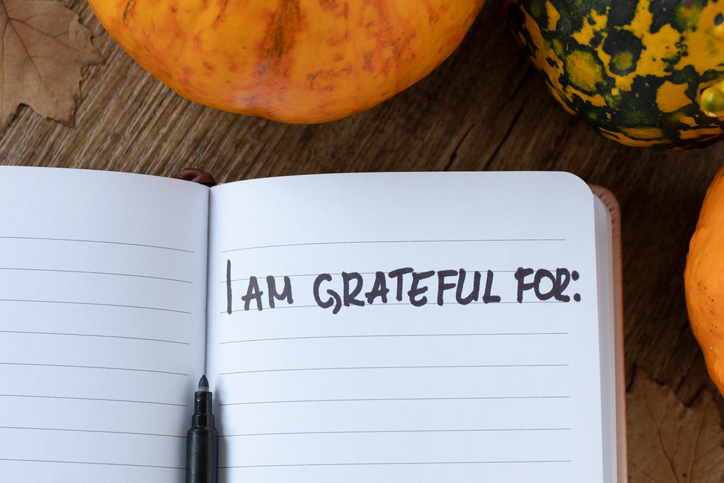he holidays (normally) conjure warm images of large family gathering with dinners, gift exchanges, and merriment.
The holidays are different this year. As the COVID pandemic is filling ICUs across the country, our mortality has entered the national conversation. With that in mind, here’s a seemingly macabre thought, perhaps our smaller family gatherings should also include brave conversations about end-of-life planning.
“It’s the most important conversation America is not having,” says my friend Frank Licciardi, Chair Emeritus of Memorial Sloan Kettering (MSK) Cancer Center’s Patient and Family Advisory Council for Quality.
A few weeks ago I attended a virtual MSK event, hosted by Frank, and called “Death Over Dinner.” These events, first introduced in Seattle in 2013, are now a global phenomenon – an evening of insight and empowerment based on a simple set of tools to help families and friends address the basic human fact that we are all, at some point, going to die.
Why have this conversation over dinner (live or virtual)? The dinner table is the most forgiving place for difficult conversations. The ritual of breaking bread creates warmth and connection, and it puts us in touch with our humanity.
The MSK event had several unique twists, we used Zoom breakout rooms to hold four to five participants that included patients, caregivers, hospital staff, and medical practitioners. Remarkably, we made new friends easily and quickly shared private thoughts on the following formatted discussion questions:
- Share about a death you encountered that had a profound impact on your life. Did it change the way you think or talk about death?
- How would you want your final days to look? Who is around you? What would you eat? How might you feel during your final hours?
- How has grief presented itself to you? Some people find it hard to access grief, others find that their grief overwhelms them. We will all experience it in different ways and find our own answers to it.
- If you died suddenly, would your loved ones know what to do? Would people know your wishes? Which elements matter to you? Feel free to consider and share why your loved ones may or may not be aware of your wishes.
The “Death Over Dinner” conversations certainly address the personal in personal financial planning. In my breakout room, there were common thoughts and feelings. No one wanted to be a burden on their family members. Patients and families found comfort in planning, and structure, and rituals for grieving or funeral services. People want to leave a legacy of more than just wealth or an insurance policy. We want to capture and share our lives in stories, and lessons, and values that can be re-told and remembered and passed down.
So, the next time you gather around the wassail bowl, ask “how to” honor the final wishes of your loved ones. As we build greater comfort and literacy around this important topic, we’ll have more time to focus on the merriment.
This article was originally published in the Knoxville News Sentinel on December 24, 2020
QUESTIONS?
Do you have questions about financial planning or investing? Send your questions to our Knoxville certified financial planners or directly to Paul@assetplanningcorp.com!



